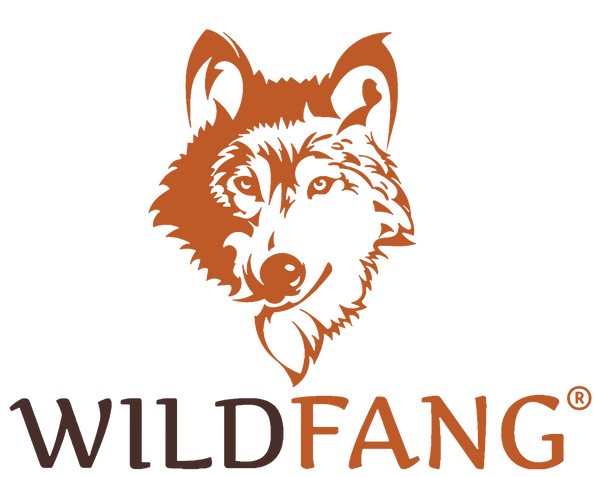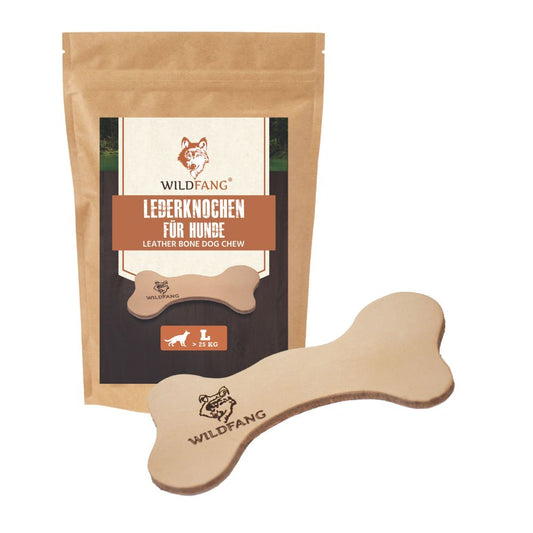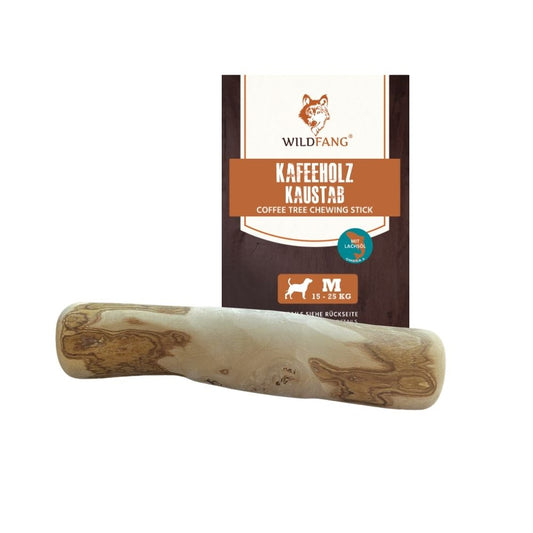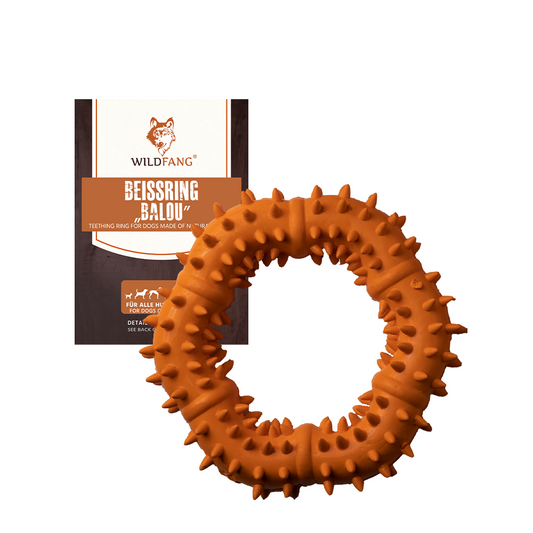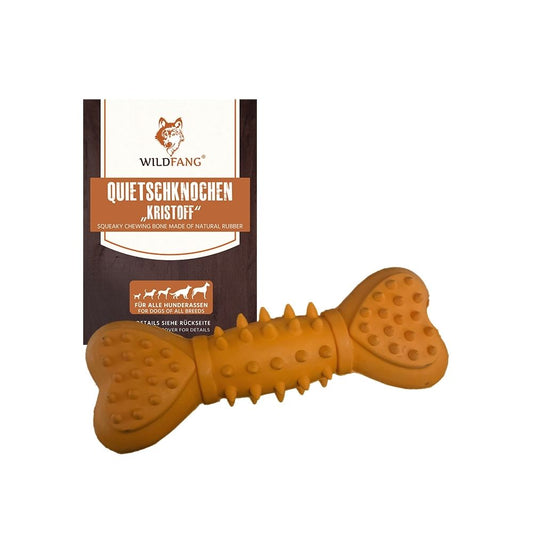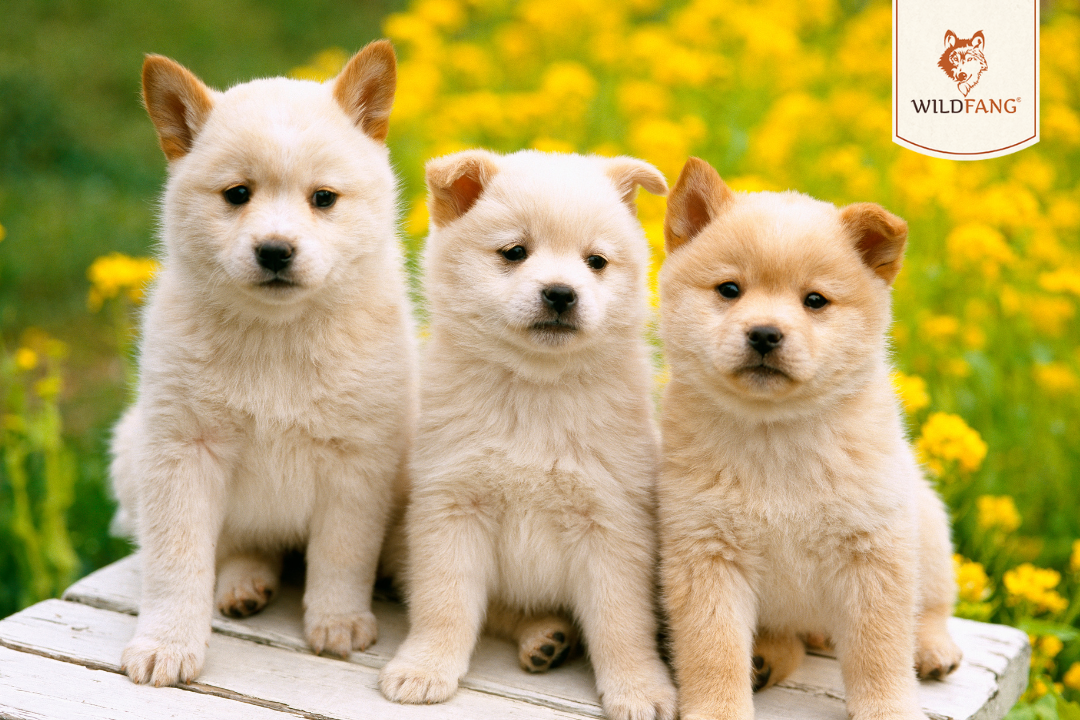
Development phases of a puppy
In the first three weeks after birth, puppies rely on their innate behaviors, such as searching for a teat to suckle milk. Their eyes open, but they cannot yet recognize objects. This is called the neonatal phase. Afterward, around the fourth or fifth week of life, their sensory organs develop. Puppies now perceive environmental stimuli and get to know their siblings and mother. Their movements also become more controlled during this transitional phase. Until the The socialization period begins in the sixth week of life. Now it's especially important to expose puppies to as many stimuli as possible, thus preventing later anxieties. The puppies become more active, and their curiosity and playfulness increase. Positive contact with other dogs, animals, and people is also very important during this phase. If the little furball has positive experiences during this time, it will generally have no problems living with them later on.
From the ninth week to about the ninth month of life, the puppy goes through a period called behavioral ontogenesis. From now on, you as the new family are responsible. for your puppy's development. The bond with your furry friend is strengthened during this phase, and your puppy should be exposed to all the things he will have to deal with later, such as... z.BCar ferries, road traffic, and interaction with other people. It's very important to carefully socialize your dog during its first year. Now is the time to train it to interact appropriately with other people. It should be made clear from the beginning that... Do not play hunting or tug-of-war games with children. You should regularly socialize your dog with other dogs and people to prevent aggression and fear. Therefore, it's advisable to attend puppy school from 8-10 weeks of age. Does your little furry friend meet other dogs – big, small, long-haired, curly-haired, short-haired, with erect ears? With folded ears, short noses, etc. – and they learn important things like leash manners, socialization, and commands. And then there's puberty... you get the feeling that everything your furry friend has learned is... Suddenly forgotten. He tests his boundaries, questioning his position in the pack and his willingness to submit. But this is just a phase that usually takes place between 6 and 12 months of age.
